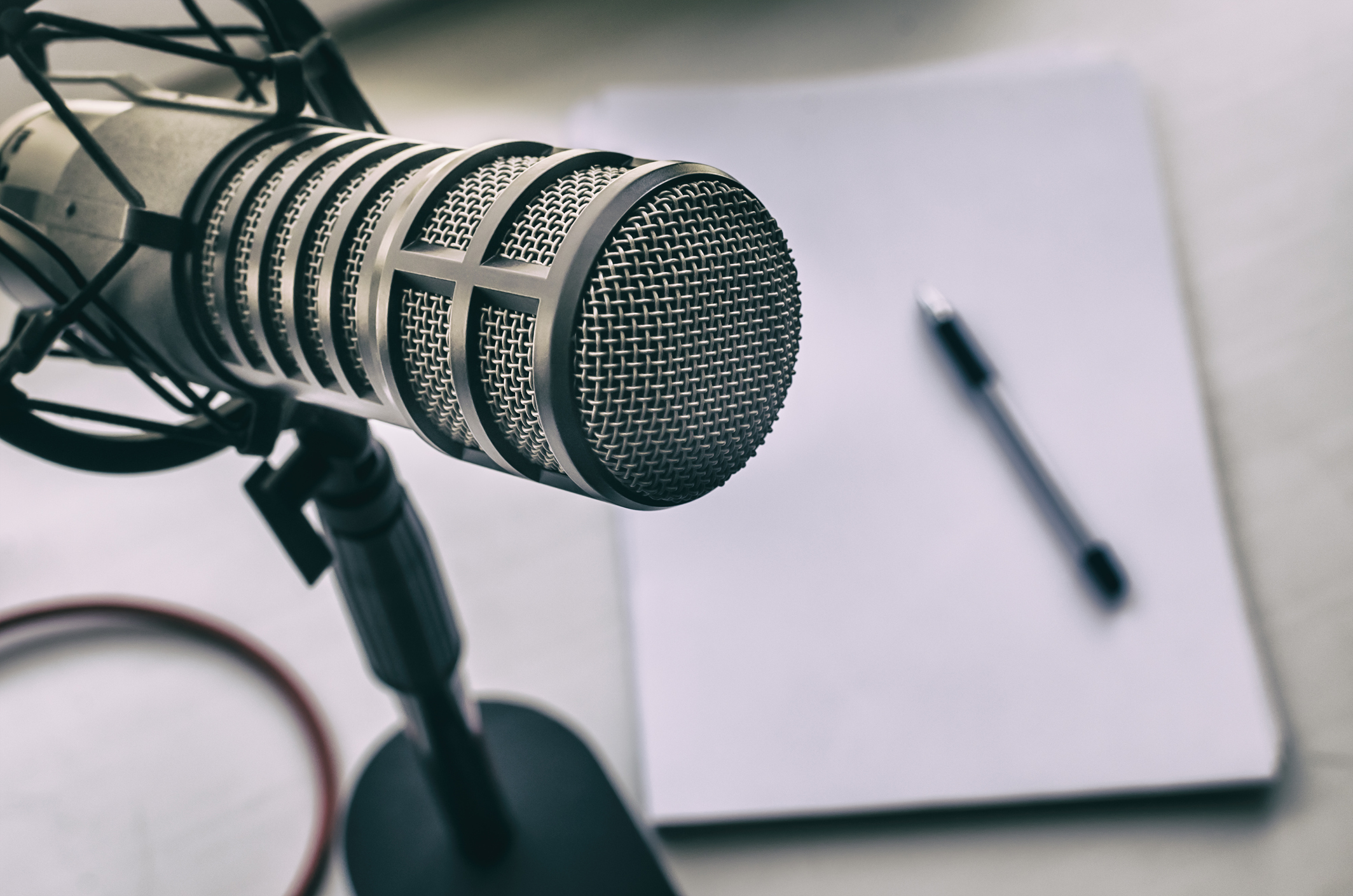If SCOTUS Closes to the Public Amid to Coronavirus Fears, That's All the More Reason to Livestream Argument Audio
 If the Supreme Court building is closed to the public during its March sitting (3/23-4/1) due to coronavirus concerns, then it should release all the audio from all six sitting argument days on an expedited basis.
If the Supreme Court building is closed to the public during its March sitting (3/23-4/1) due to coronavirus concerns, then it should release all the audio from all six sitting argument days on an expedited basis.
Major media outlets are expected to request expedited audio in the March 31 cases on whether the House Oversight Committee and the Manhattan DA may obtain the president’s tax returns. But if the court is not permitting the 300 or so courtroom seats to be filled during arguments, then this request should be expanded to include the entire two-week argument period – and should be granted.
The court has released same-day audio 27 times, most recently for the travel ban case, Trump v. Hawaii, on April 25, 2018. The court pumps audio elsewhere in the building on argument day, to the Lawyers’ Lounge and to the PIO office, both of which would also presumably be closed should the courtroom be off limits.
Every other federal appeals court in the country releases argument audio within 24 hours, and most release audio by the end of the day – some in due course; others when Fix the Court and media partners make a request. Four courts – the Second, Fourth, Ninth and D.C. Circuits – permit a live audio stream for some or all of their arguments.
The lack of broadcast access is one of the reasons members of the public are known to line up several days in advance of a major SCOTUS cases. Braving the elements during a public health crisis would be unwise – yet another reason broadcast should once and for all come to the high court.